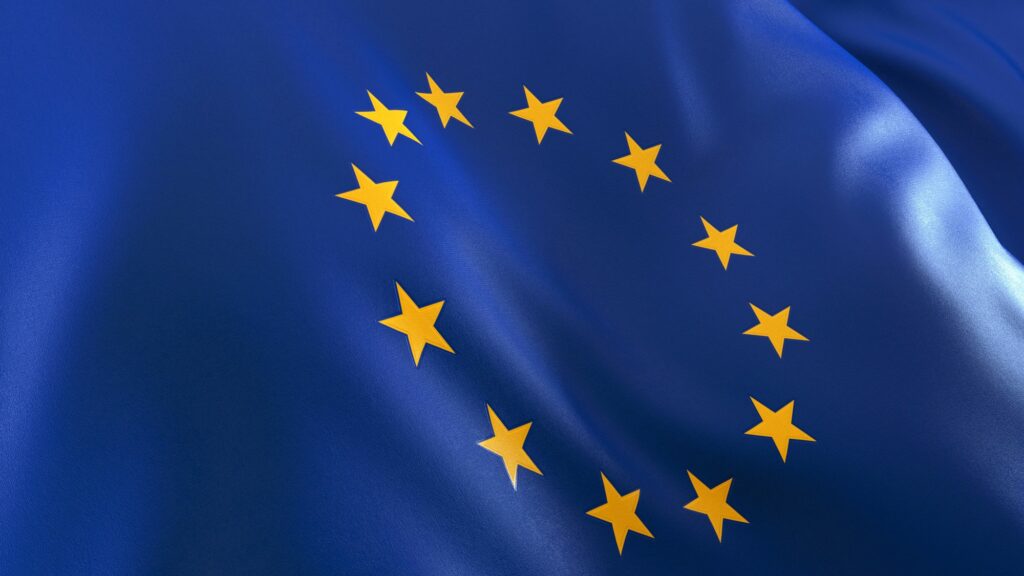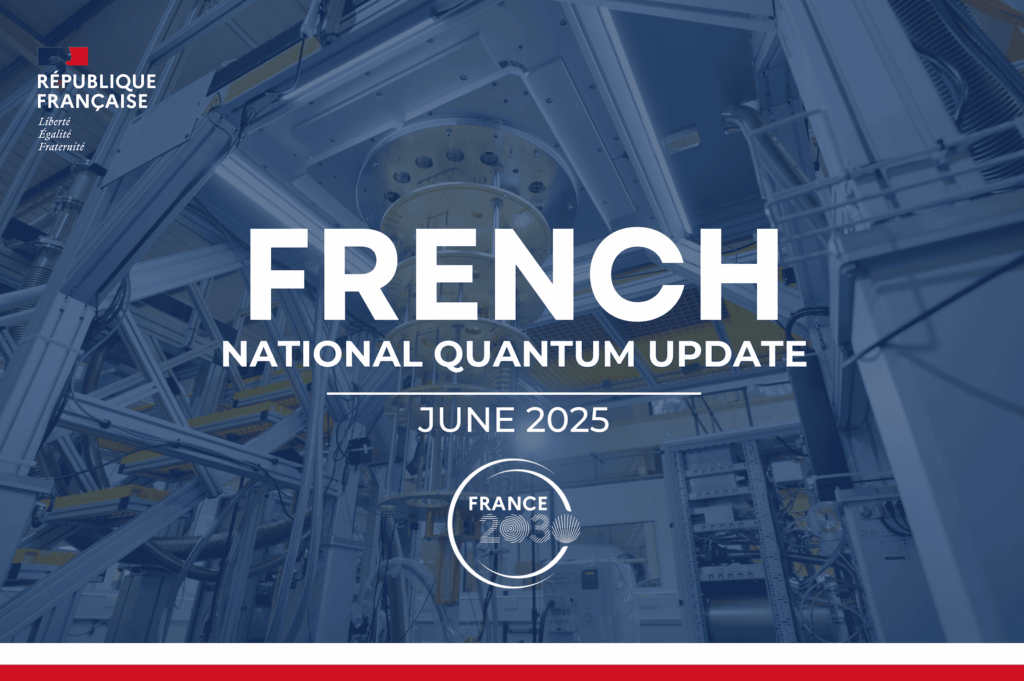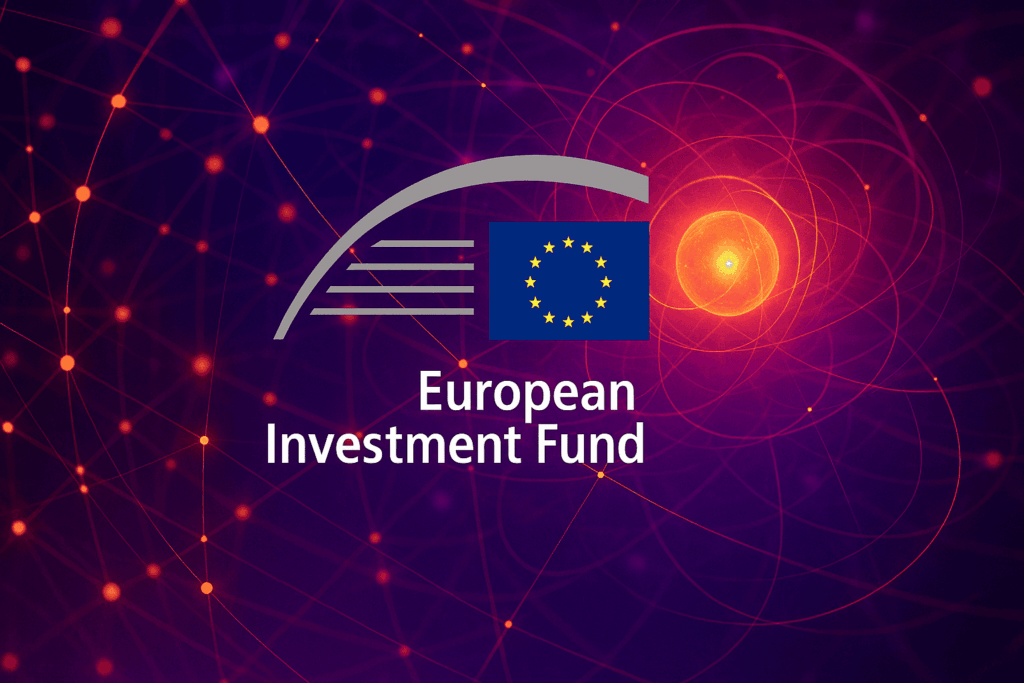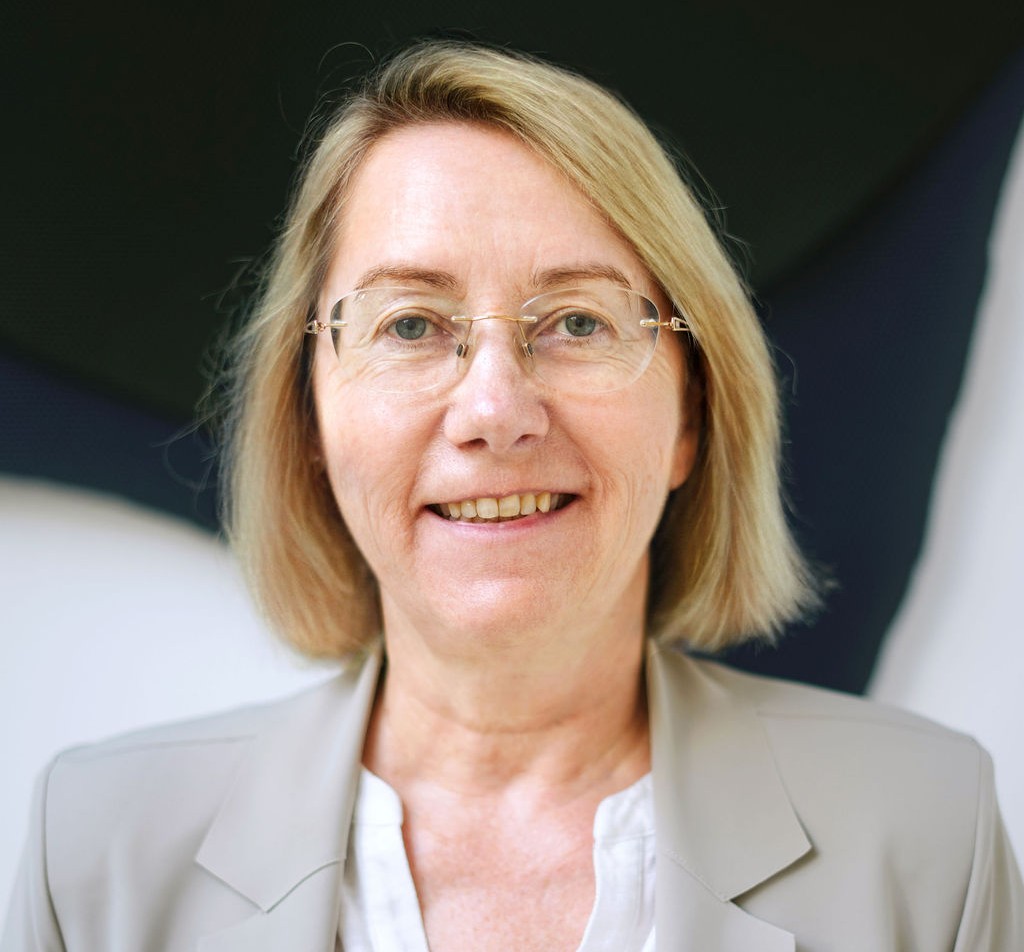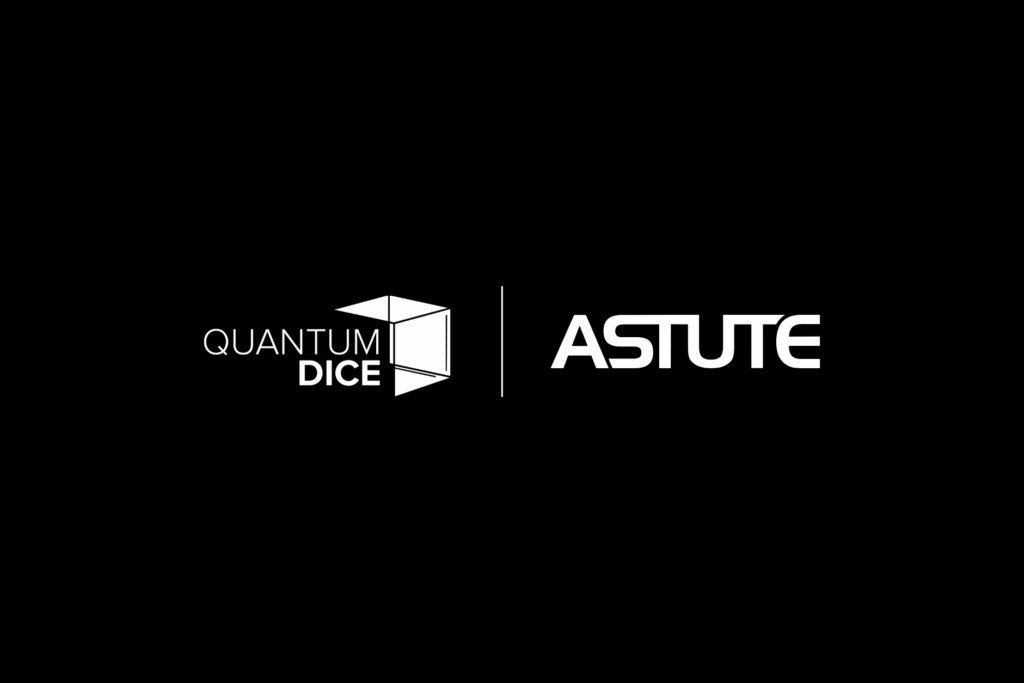
The complexity and vulnerability of quantum devices is nearly matched by the complexity and vulnerability of the quantum ecosystem. As other industries contemplate the effects of war and economic sanctions on their own ability to bring products to market at reasonable prices and times, leaders of quantum companies and research institutions must anticipate the ramifications of this now global crisis.
Like other industries, the most obvious affects will be on supply chains that provide everything from raw materials to highly engineered equipment that make up quantum computers and sensors.
One easy example of this is helium, which is integral to the operation of superconducting quantum computers. Helium sources, earlier stretched thin, was relying on Russian sources, reports Chemical and Engineering News in fall of last year.
They report that Russian state-owned company Gazprom brought 20 million m3 of new helium capacity on-line when it opened three helium production lines at its Amur gas-processing plant in southeastern Russia. A logistics center would also package liquid helium into cryogenic containers to ship around the world.

The facility would increase global supply of helium by about 11% and the hope was that it would lower volatility.
That helium supply, as well as other raw material sourced in Ukraine and Russia and just the general state of the already severely tested global supply chain, are now in jeopardy.
Jeopardizing a Critical Talent Pool
Russia’s ability to produce talent in physics is underscored by the fact that, since the fall of the Soviet Union, five Russians have received Nobel prizes for their work in physics. Russian physicists’ work — and the ability for that work to reach the outside world — are now significantly hampered.
Ukrainian universities and their faculty and students are acknowledged as some of the world’s best and are a key source of talent for the world’s quantum companies and institutions. Here, these Ukrainian centers of learning and their people aren’t just a ripple effect in the conflict. They are under direct attack.
In an industry that requires highly specialized scientific and engineering talent, each person is critical to advance both the science and the commercialization of quantum. The loss of talent and the loss of collaboration is almost too difficult to fathom.
Looming Threat
If the war in the Ukraine has exposed the vulnerabilities of quantum, the crisis has also surfaced its importance. As high-tech weaponry and the critical use of cyber warfare has been on display, military experts now have a preview of what might happen in the hands of an autocratic regime.
Arthur Herman, senior fellow and director of the Quantum Alliance Initiative at Hudson Institute, told The Quantum Insider via e-mail that cyber-security defense should be on everyone’s mind now.
“The looming threat of Russian cyber attacks should make every government agency, every bank and financial institution, and every pipeline and power plant think seriously about how to defend themselves from attack, not just now but in the future,” said Herman. “Russia’s hack into the Colonial Pipeline last year is just a warning shot in a cyber war that could grow very hot if the Ukraine crisis continues to spill over.”
He added that, fortunately, solutions to cyber-attacks and quantum computer-derived attacks are being prepared right now and must be taken seriously.
“Fortunately, we have solutions at hand to confront the threat not just now, but the possibility of a future attack by a large-scale quantum computer attack of the kind both Russia and China are racing to develop,” Herman said. “These are the quantum-resistant algorithms and quantum-enabled communication networks that a host of companies in the US, Canada, and Europe are working on and have already deployed.“
Technological Dependence
The conflict is also revealing dependence on less optimal classical technologies, such as current global positioning systems (GPS). For example, satellite-based GPS is often unable to deliver necessary signal strength, remains susceptible to spoofing and lacks certain security features.
“The Ukraine-Russia crisis highlights how dependent we have become on capabilities such as GPS,” said Chester Kennedy, President of Research & Security Solutions, ColdQuanta, via email. “We have quickly seen how these capabilities can be degraded or taken offline during a conflict.”
He added that the conflict is calling attention to quantum approaches that could be both more accurate and more secure. In fact, ColdQuanta is continuing to make considerable advances in helping cut the ties to satellite-based GPS.
“Fortunately, years of research and development has shown how quantum-based solutions can deliver the same level of — or better — positional awareness that GPS provides today,” said Kennedy. “This conflict should jumpstart efforts to strengthen investment in scaling new technologies for operational readiness.”
If you found this article to be informative, you can explore more current quantum news here, exclusives, interviews, and podcasts.









